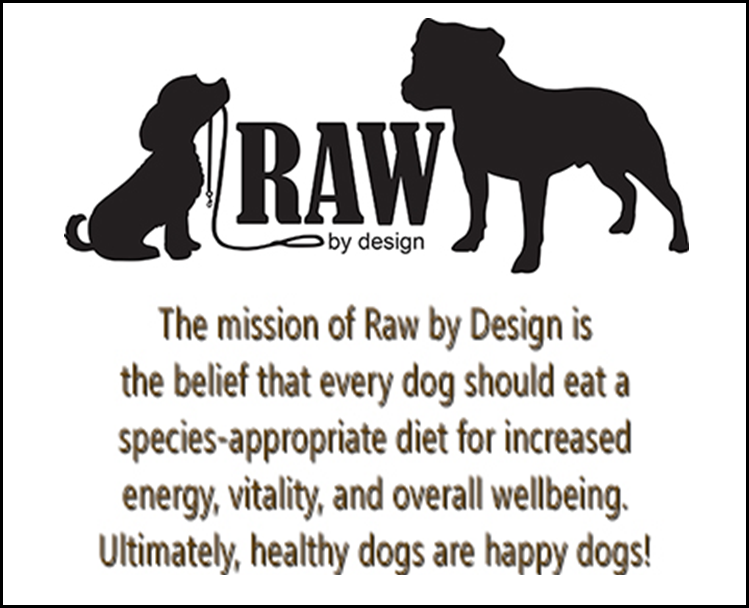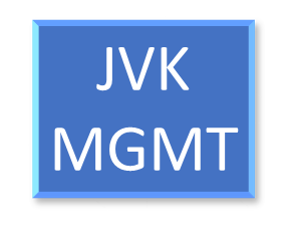Suffolk Strengthens Ban On Synthetic Drugs
/By Jano Tantongco
jtantongco@longislandergroup.com
William “Doc” Spencer
Suffolk County Legislator William “Doc” Spencer (D-Centerport) has spearheaded a resolution to strengthen the county’s prohibition on synthetic drugs. The bill, passed by the legislature on last week, expands the county’s law to include so-called “analogues” of certain dangerous synthetics.
The law specifically targets synthetic cannabinoids, drugs designed to mimic the effects of marijuana, and synthetic cocaine, which have been infamously dubbed “bath salts.”
From 2010-2012, the county passed local laws banning these substances. However, like other municipal laws, drug dealers and manufacturers circumvented the laws by slightly altering the formula to slip through the legislative loophole, according to Spencer.
To address this, he introduced the resolution in April that would wrangle in the modified versions of the drugs, known as “analogues,” amending the law to target not only specific strains of these drugs, but the general chemical formula. It was approved June 1.
On top of criminal penalties, the legislation also tacks on civil penalties ranging from $1,000-$10,000 for violations.
"A lot of people have the perception that they are completely harmless. [But] they can really lead to a pathway or gateway to destruction,” Spencer said.
Additionally, anyone found to be possessing more than 10 packets of the drugs would be classified as having intent to sell, resulting in greater penalties.
“There were a lot of people that said they would possess it, saying that it was for their personal use, he added.
Steve Chassman, executive director for the Long Island Council on Alcoholism and Drug Dependence, commended Spencer, calling the resolution “good follow-up legislation.”
Chassman said these drugs are “not organically-based.” In regards to the synthetic cannabinoids, commonly known as Spice or K2, Chassman explained that they may mimic marijuana, but their effects are more like dangerous dissociative drugs like PCP.
“People that are too young to get their first marijuana dealer, they’re buying this in headshops and gas stations -- those who haven’t heard about the ban,” he said. “They’re ending up in psychiatric hospitals because they’re having psychotic breaks.”
Chassman added that those seeking help combating drug addiction or know someone dealing with it may call the LICADD hotline 24 hours a day at 631-979-1700, or visit LICADD.org








